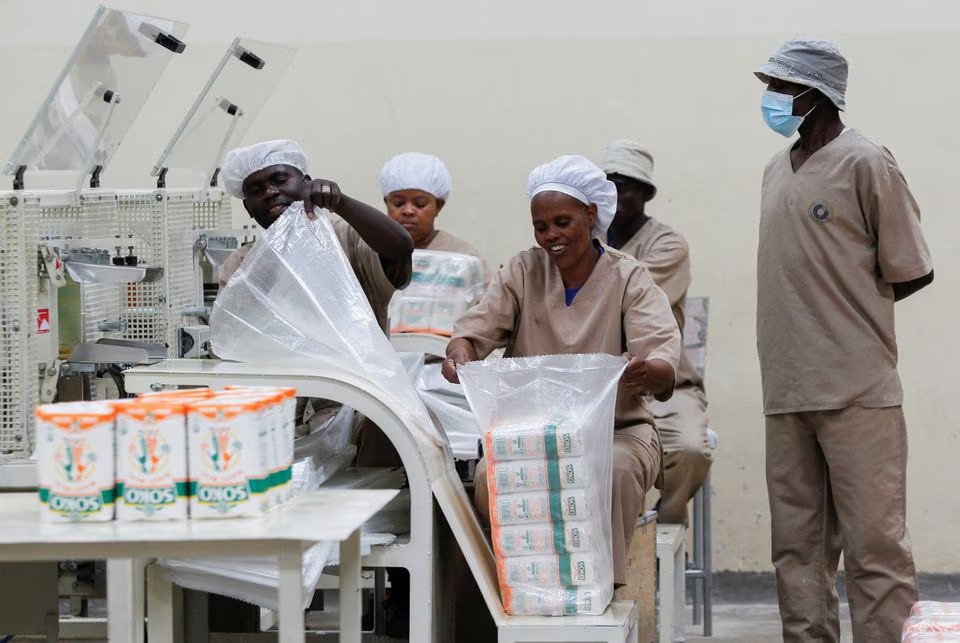

GITHUNGURI, Kenya, June 14 (Reuters) – Eighty percent of voters in this constituency in the heart of Kenyan tea country cast their ballots for William Ruto last August, helping the self-proclaimed champion of impoverished “hustlers” score an upset presidential election win.
Less than a year later, it is hard to find anyone in Githunguri willing to speak up in his defence.
Since Ruto came to office, prices for staple food items have continued to rise. Ruto has also faced criticism for increasing allocations to his office and the deputy president’s while cutting petrol subsidies.
Now, a proposal to hike taxes on petrol and housing is fuelling the strongest backlash yet and energising an opposition whose demonstrations this year led to repeated clashes with police on the streets of the capital Nairobi.
The proposals, contained in a draft law known as the finance bill, will be considered by parliament alongside the 2023-24 budget to be presented by the finance minister on Thursday.
On Githunguri town’s bustling streets, dozens of residents crowded around Reuters reporters to voice their opposition.
Jacqueline Wambui, a waitress, said she regretted casting her ballot for Ruto last August. “The promises we were given as small traders and motor-bike riders have not come about,” she said.
Ruto’s spokesperson did not respond to a request for comment.
The president and his allies have defended the tax hikes, saying East Africa’s economic powerhouse needs more revenue to avert a debt crisis and fund affordable housing projects.
Costly infrastructure initiatives under Ruto’s predecessor Uhuru Kenyatta drove total debt to 67% of GDP, and repayments now consume nearly half of all revenues.
At the same time, Ruto says he has kept his commitment to helping the poor, pointing to initiatives like the distribution of fertiliser to millions of farmers and a micro-loans programme called the “Hustler Fund”.
Those arguments have found little sympathy among people reeling from rising prices, including a nearly 30% increase in the cost of maize flour since Ruto’s election due to poor harvests, the war in Ukraine and a weakening domestic currency.
The bill is generally expected to pass in parliament, where Ruto’s allies have a majority, but it has provided fodder for an opposition that has seized on its unpopularity.
The main opposition coalition, led by Raila Odinga who lost out to Ruto in last year’s election, has said it plans to organise more protests if the bill is passed.
One man in Githunguri, who declined to give his name, defended the finance bill, saying Ruto was simply trying to leave his mark by constructing affordable housing.
But he was a lone voice.
Fruit vendor John Nyaga, another Ruto voter, complained that the tax hikes would leave his customers with even less money to spend.
“Those extra deductions will not just hit the employed people, they will also translate to us being squeezed,” he said.
Reporting by Duncan Miriri; Editing by Aaron Ross and Ed Osmond